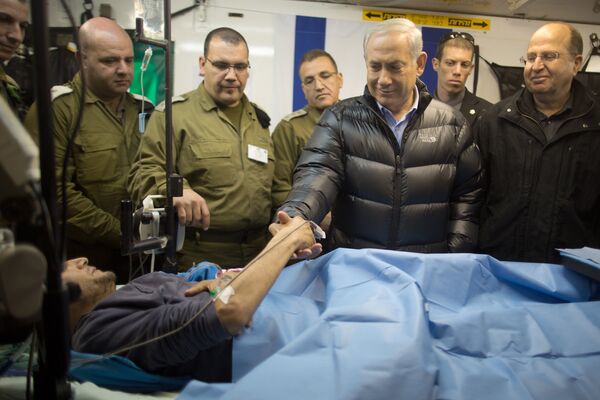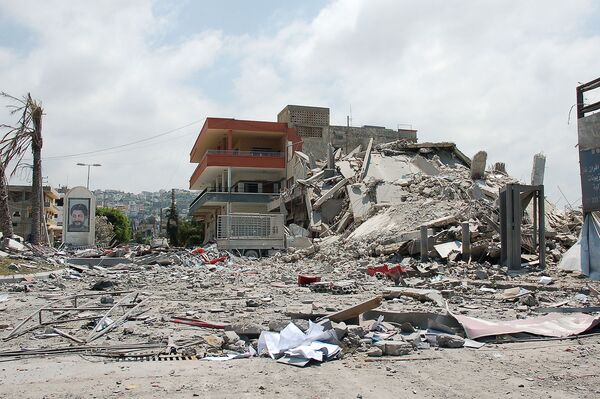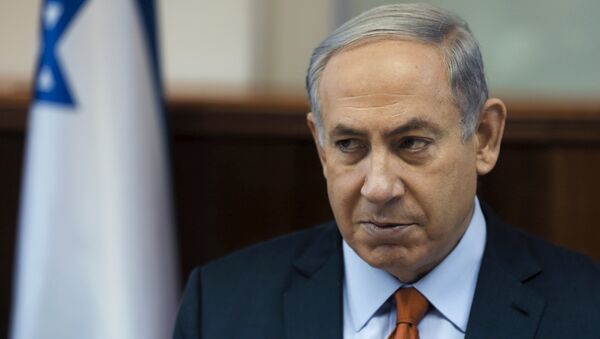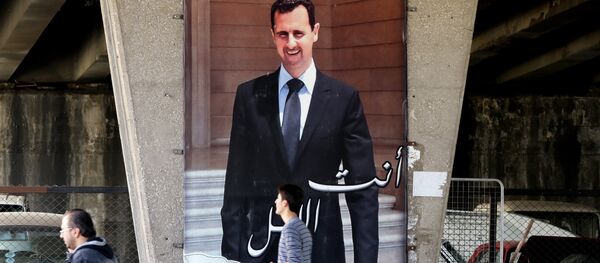Sputnik: Israel has expressed its readiness to go after Assad if the latter continues to allow Iran to operate from his country. How likely is such a scenario?
Gabriel Ben-Dor: I don't think Israel is interested in regime change in Syria; it hasn't been and still isn't. What it is interested in is for the regime not to allow a massive Iranian military presence which is threatening Israel.
Sputnik: What is your interpretation of what was meant by Yuval Steinitz when he said that Israel would go after Assad if he continues to allow Iran to operate in the country?
Gabriel Ben-Dor: My interpretation is that Israel is now trying to drive a wedge between Assad and the Iranians, and is telling Assad that for him to survive, it's not necessary to rely on Iran. [The message is] 'if you detach yourself from Iran, then we will not go after you and will not threaten you; you can count on us at least for neutrality, perhaps even sympathetic neutrality. But if you continue to hold the Iranian troops which are threatening Israel, you will not have immunity just because you are strong, just because you won the civil war, just because you are supported by the Iranians and of course to a great extent by Russia as well'.
I don't think Israel is interested in having to do anything in the anti-Assad forces. We haven't done so in the past five or six years and we are not interested in that now. The difference is I think that Israel on the contrary now recognizes that Assad is here to stay, and therefore it is important to drive a wedge between him and the Iranians. That's the Israeli maneuver from the diplomatic point of view.

Sputnik: Meanwhile, we have Israel's education minister Naftali Bennett saying that Hezbollah and Lebanon are one and the same and that Israel will treat Lebanon as such in the event of any military conflict. Is Israel preparing for some kind of a military conflict?
Gabriel Ben-Dor: Not particularly. Israel's problems with Hezbollah are with Iran. Hezbollah is important only as a client of Iran and the problem is that if Iran initiates massive military moves against Israel, Hezbollah can open up a second front. So what Israel is trying to do is to deter Hezbollah from engaging in that.

Sputnik: Do you think that the prospect of a full-blown confrontation between Israel and Iran is currently off the table?
Gabriel Ben-Dor: No, it's not off the table unfortunately, and much of it depends on your country [Russia], which plays a key role in Syria, which is on good terms with Israel, on good terms with Iran and therefore plays an absolutely key role in trying to mediate and to bring this conflict if not to an end, at least to a kind of interval which allows diplomatic intercourse to prevent the next war.
The views and opinions expressed by Dr. Gabriel Ben-Dor are those of the expert and do not necessarily reflect those of Sputnik.



